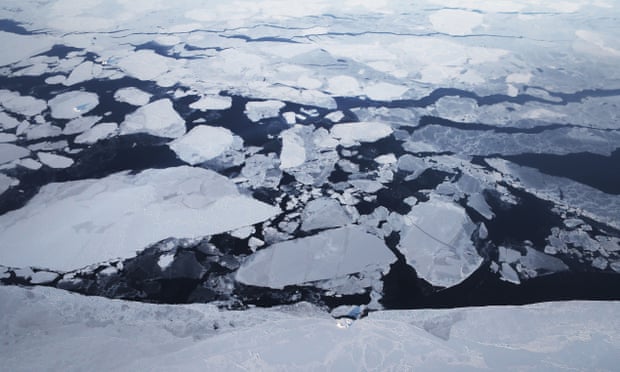
When arctic ice melts, less sunlight is reflected, which raises global temperatures and increases the risk of forest fires. Photograph: Mario Tama/Getty Images
CLICK HERE - STUDY - Science - Cascading regime shifts within and across scales
Scientists warn policymakers not to ignore links, and stress that ‘every action counts’
theguardian.com - by Jonathan Watts - December 20, 2018
Policymakers have severely underestimated the risks of ecological tipping points, according to a study that shows 45% of all potential environmental collapses are interrelated and could amplify one another.
The authors said their paper, published in the journal Science, highlights how overstressed and overlapping natural systems are combining to throw up a growing number of unwelcome surprises . . .
. . . Until recently, the study of tipping points was controversial, but it is increasingly accepted as an explanation for climate changes that are happening with more speed and ferocity than earlier computer models predicted.

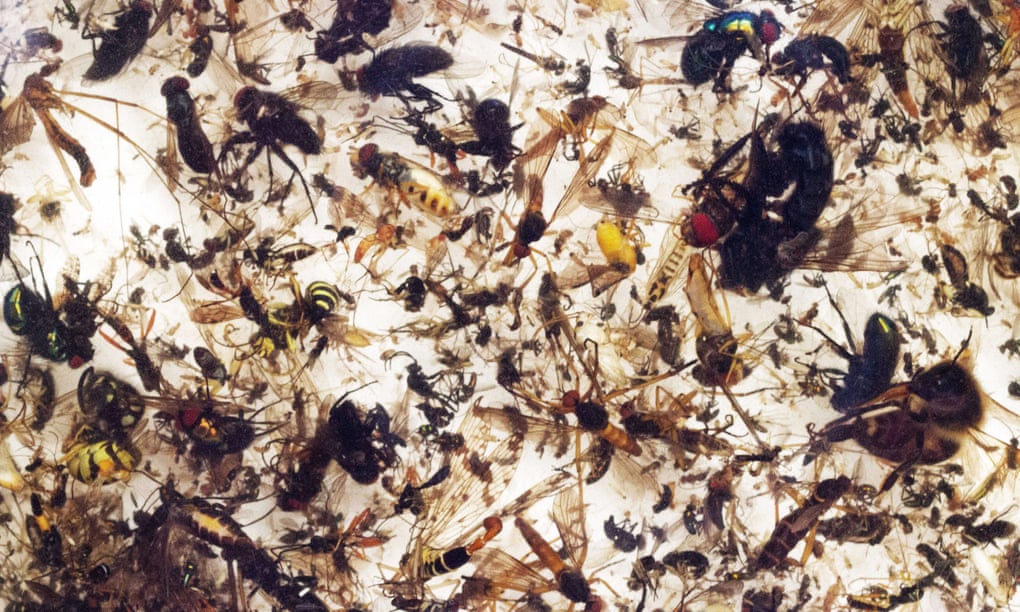



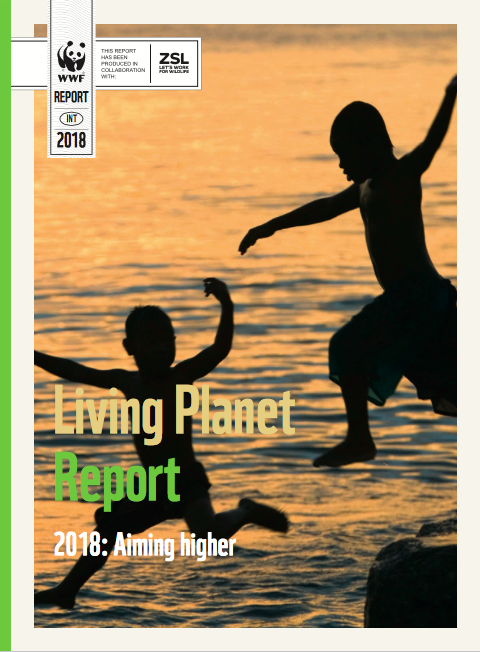
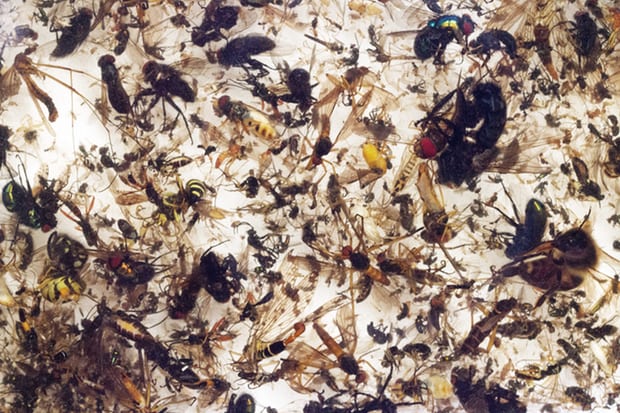



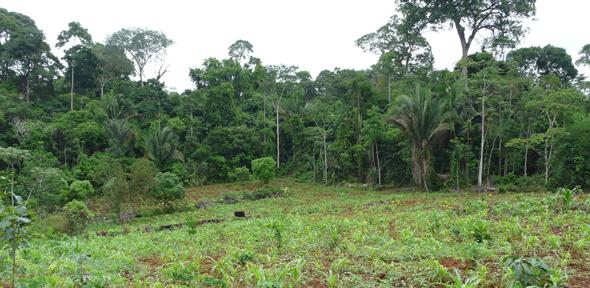

Recent Comments